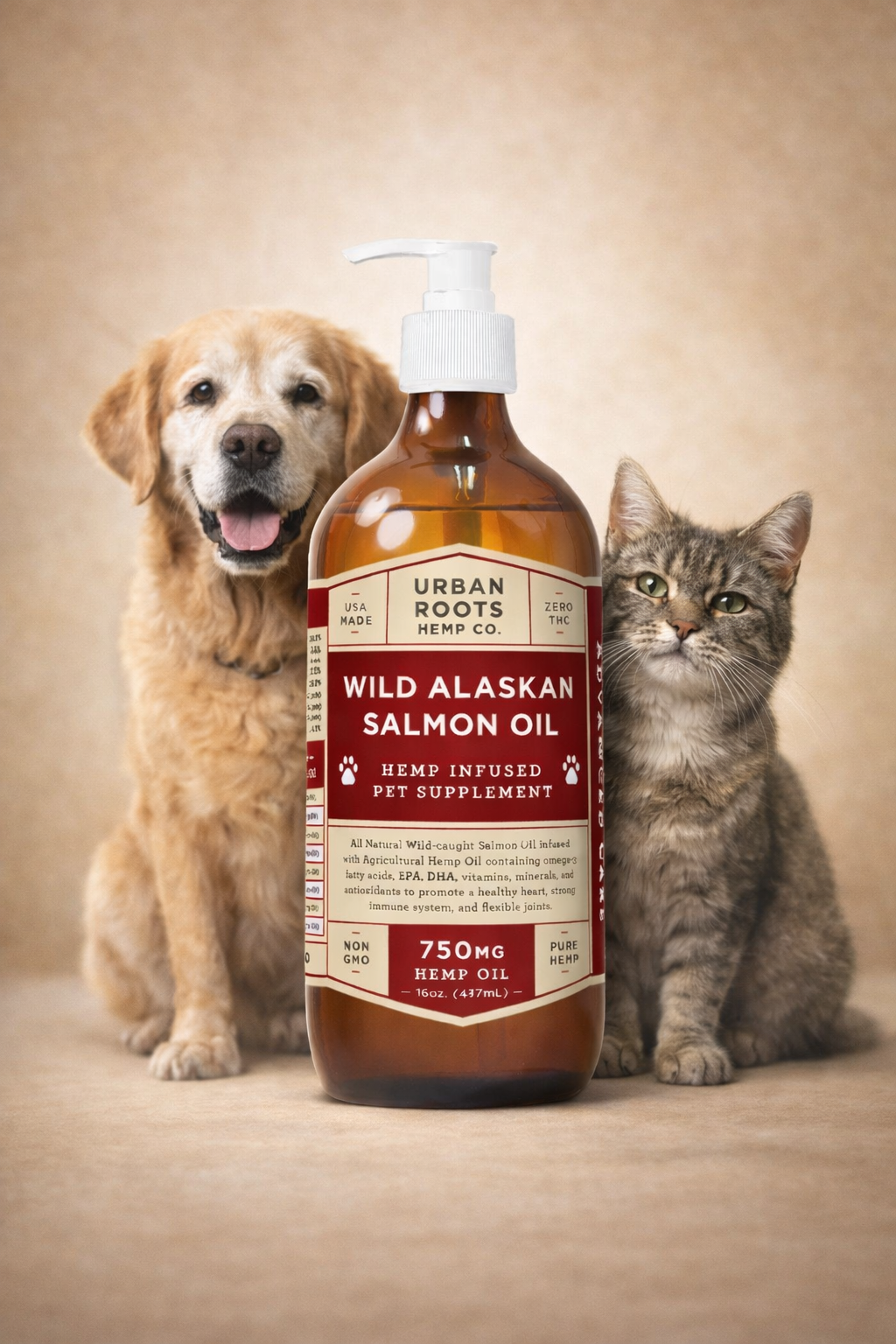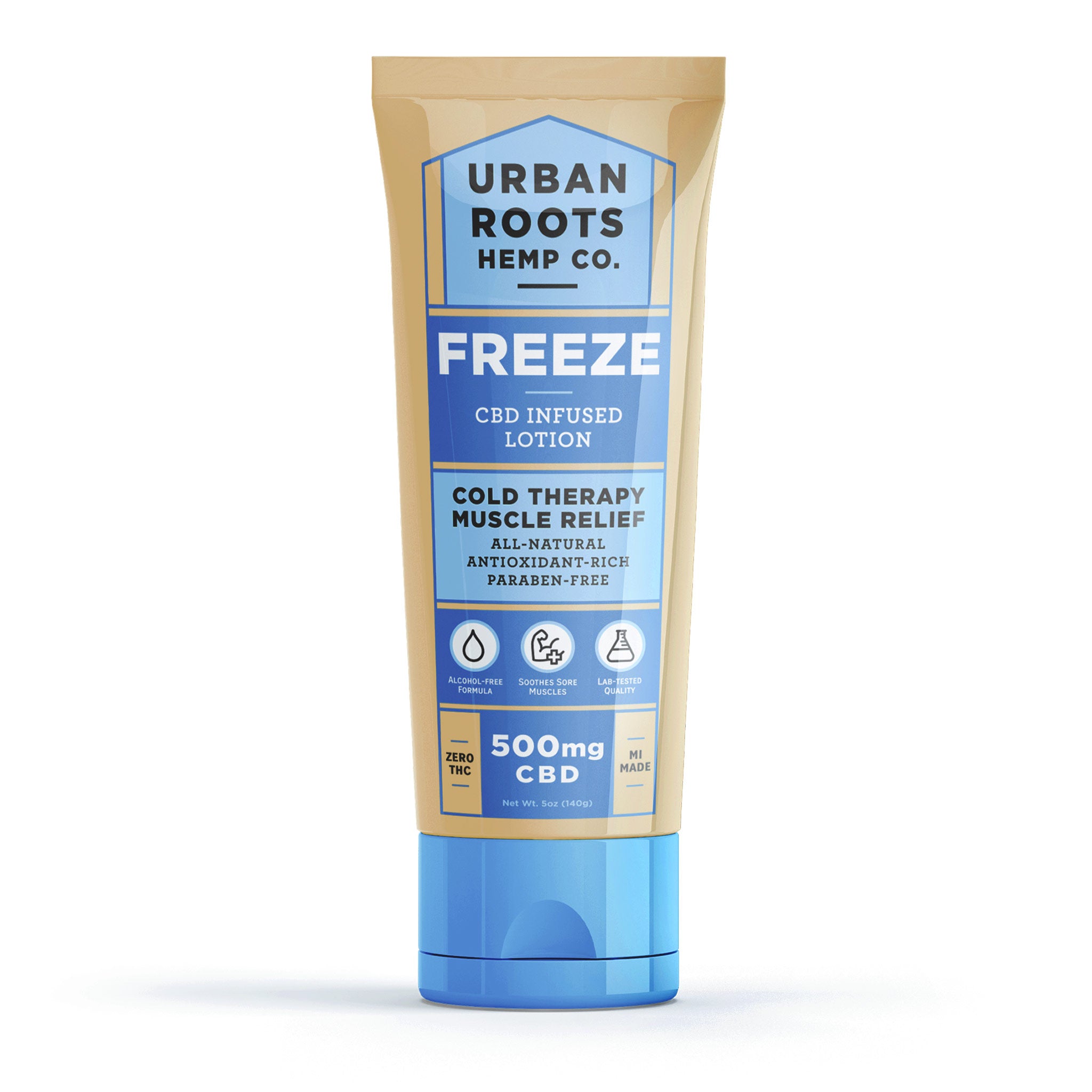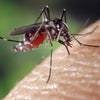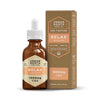What Is Water Soluble CBD?


These days, CBD is more in demand than ever before. More demand means more research, more products, more discoveries about new benefits, new precautions, and new ways to improve delivery and effectiveness. Its many reported health benefits have everyone from sports stars and actors, to college kids and grandparents giving the products a try for a variety of different reasons.
CBD is one of many chemical compounds found in the cannabis genus of plants, which includes both hemp and marijuana. Once ingested, CBD, like the other cannabinoids found in these plants, interacts with your body’s endocannabinoid system, a biochemical communication system that affects, moderates, or causes many important functions.
Further Study has shown that it is a crucial communication system in the human body, and that it plays a critical role in regulating our physiology, mood, and everyday experience. The health benefits of CBD and other cannabinoids result from them tapping into this system and triggering cannabinoid receptors existing within the body. These receptors then stimulate changes, many of which result in positive health effects and which are extremely beneficial for the body.
Potential Health Benefits of CBD
Unless you’ve been living under a rock for the past two years or so, there’s a good chance you’ve at least heard of CBD. And you’ve probably also heard many claims about its potential health benefits that may have left you feeling a bit skeptical. At Urban Roots, we have gone in depth into many of the reasons why CBD is beneficial and all of the existing research that backs up many of the claims, so we won’t go too deep into that here.
Suffice it to say that the effects of CBD may be very numerous. There is evidence or at least anecdotal reports that show CBD might improve everything from inflammation and chronic pain relief, to concentration, stress relief, epileptic seizures, Parkinson’s, Alzheimer’s, disease prevention, and the list seems to go on and on.
As the CBD industry matures, it is trying to constantly deliver a better product to their customers and to help them improve their health issues even more. One of these ways that has popped up recently is improving the delivery of the substance once it is ingested. This has led to the development of water soluble CBD formulations.
What Is Water Soluble CBD?
In its natural state, CBD (also known as cannabidiol) is hydrophobic, meaning it’s an oil that naturally repels water. It doesn’t mix too well with water or with water based substances (ever notice how cooking oil or an oil spill will stay separated from the water it’s in?) but does mix well with other oils. Now, to be clear, CBD can never actually be “water soluble”, in the sense that it will dissolve within water.
However, through certain chemical and other processes, CBD molecules can be made to be “water compatible”. Although, due to some clever and effective marketing, the term water soluble has found wide spread use within the industry. Essentially, through these various processes, CBD oil can be made into oil-in-water formulations that allow it to be stable and visually homogeneous oil and water mixtures.
Types of Water Soluble CBD
There are three ways to create water soluble (water compatible) CBD products. These three different types of water soluble CBD are called:
- Liposomes - Liposomes are water-containing circular molecules that range from 50-5000 nanometers in size. They have water-friendly compartments that can easily hold CBD extract within it. This method requires a highly complex production process and high levels of surfactants, substances that reduce the surface tension of liquids to make dissolving easier.
- Microemulsions – Microemulsions are 100-5000 nanometer droplets formed by solubilizing the CBD in water using a chemical process.
- Nanoemulsions – Arguably the best method of creating water soluble CBD, nanoemulsion products are created by breaking down the extracted CBD into 10-100 nanometer droplets through a mechanical process.
You might be asking yourself why companies are attempting to breakdown, change, or add to the chemical structure of CBD. The answer is that they are trying to increase the bioavailability of CBD when it is consumed orally.
First Pass Metabolism
In simple terms, first-pass metabolism or effect is a physiological phenomenon in drug and plant extract delivery where the concentration of a compound is greatly reduced before it reaches systemic circulation. This concentration reduction means a decrease of bioavailability, meaning that less of the substance gets to where it needs to get in your body.
This problem does not just affect CBD; it is a relatively common issue that affects a wide range of substances including morphine, curcumin (from turmeric), lidocaine, nitroglycerin, and many found in cannabis. It’s important to realize, however, that with CBD products this is only an issue when consumed orally through the digestive tract.
Consumption methods like dropping tinctures under your tongue, hitting a vape pen, or rubbing CBD into your skin are not affected by first pass metabolism. This is because the CBD is entering your blood through a quicker route and not being metabolized.
The Issue with Orally Consumed CBD Oil
The root of the issue is that average adult human bodies are made up of about 60% water and oil likes to stay separate from water. So, when consuming a product orally, it often doesn’t absorb as much as we like, and only some percentage (estimates vary) of the CBD actually makes it into your blood. That means that with certain products, like capsules or beverages, not all of the cannabidiol is making it to your blood where it performs all of its magic.
Bioavailability and absorption rates are actually problems with about 40% of existing and new drug compounds on the market today.
By making CBD more water friendly and compatible, it may help increase bioavailability and absorption rates for orally consumed products. The idea is simple, because our bodies are predominantly water, to make CBD water soluble will help our bodies ingest it and experience its full effects. At first glance, this makes sense. But there are some potential problems.
Problems with Water Soluble CBD
The problem with water soluble CBD is that to create it requires chemical alterations and additives, as well as highly complex manufacturing procedures. Essentially, these processes bring CBD further and further away from its natural state and certain substances that are added to make it more soluble may actually counteract the positive effects of CBD.
In particular, citric acid and sodium benzoate, preservatives which are used in water soluble CBD in order to help make it more soluble, can cause the opposite effect you are trying to achieve. For example, some studies suggest that sodium benzoate leads to increased inflammation and oxidative stress. Citric acid, on the other hand, has been known to create side effects like weight gain, swelling, restlessness, and diarrhea. High levels of surfactants, which are a necessary component for all water soluble CBD types, has also been shown to produce negative effects for the user.
The Future of Water Soluble CBD
Like CBD in general, water soluble products are relatively new and there is still more work and research to be done. There is potential that they can help increase the effectiveness of orally consumed CBD products, but, as it stands now, there are some downsides. In order to make them compatible, additional substances and processes must be added to products.
The development of water soluble CBD is something that we will follow closely here at Urban Roots Hemp Co.









